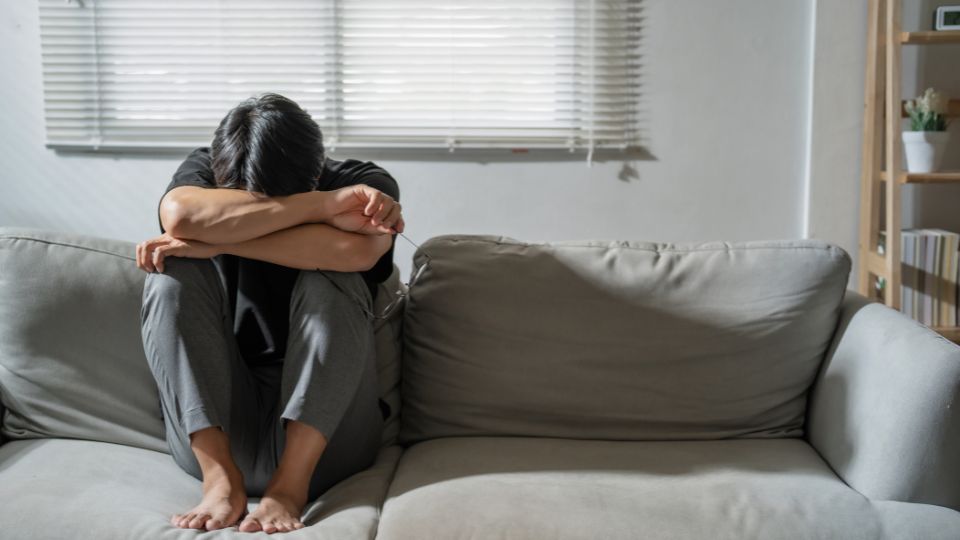Why Disconnecting from Social Media Doesn't Always Relieve Anxiety
In this hyperconnected world, it's natural to feel the need to
disconnect from social media when anxiety starts to overwhelm you. You might think,
"If I stop using social media, I'll feel better." While this break
offers temporary relief, it doesn't always address the deeper factors that
generate that anxiety. It's like trying to cover a leak without fixing the
roof: the underlying problems remain.
The anxiety you feel in relation to social media doesn't come from the
time you spend on it, but from the emotional dynamics these platforms generate.
The constant comparison with the "perfect" lives others show, the
fear of missing out (FOMO), and the search for validation through likes and
comments are sources of stress that directly impact your self-esteem and
emotional well-being. Disconnecting without addressing these roots can even
bring new anxieties, such as feeling socially disconnected or fearing that
you're "falling behind."
How to Effectively Manage Social Media-Related Anxiety
To alleviate anxiety that comes from social media, it's important to
disconnect and reflect on your relationship with these platforms. Here are some
practical steps that can help you:
·
Take a minute
to ask yourself how you feel when you're on them. Do they generate stress? Do
you compare your life with others? Identifying the emotions behind their use
will give you clarity about what is causing your discomfort.
·
Reflect on
why you are on these platforms. Are you looking for inspiration, connection, or
just entertainment? If you find that social media is not fulfilling a positive
purpose for you, it might be time to redefine how you use it.
·
Set specific
times to check social media, instead of doing it impulsively. For example,
avoid using it during the first hour of the day or before going to bed. This
structure can help you regain control over your time.
·
Dedicate time
to strengthening your relationships outside of social media. Scheduling
meetings with friends, participating in group activities, or simply calling
someone you value can be more satisfying than a digital interaction.
A Practical Exercise to Improve Your Relationship with Social Media: Before opening a social media app, breathe
and ask yourself: "Why do I want to use this platform now? What do I hope
to get from this experience?" If you don't have a clear answer, try
postponing its use and focus on another activity that makes you feel good, like
reading, going for a walk, or listening to music.
When to Seek Professional Help
If you feel that, despite your efforts, social media-related anxiety
continues to affect your emotional well-being, you might be dealing with a
deeper issue, such as personal insecurities or low self-esteem. In these cases,
talking to a therapist can make a big difference. A professional can help you
explore the emotions behind this anxiety and provide personalized tools to
manage it.
Remember that social media does not define your worth or your life. They
are tools that you can learn to use healthily, always prioritizing your
well-being. If you feel trapped in a toxic relationship with social media and
need support to regain your emotional balance, we are here to help you.



